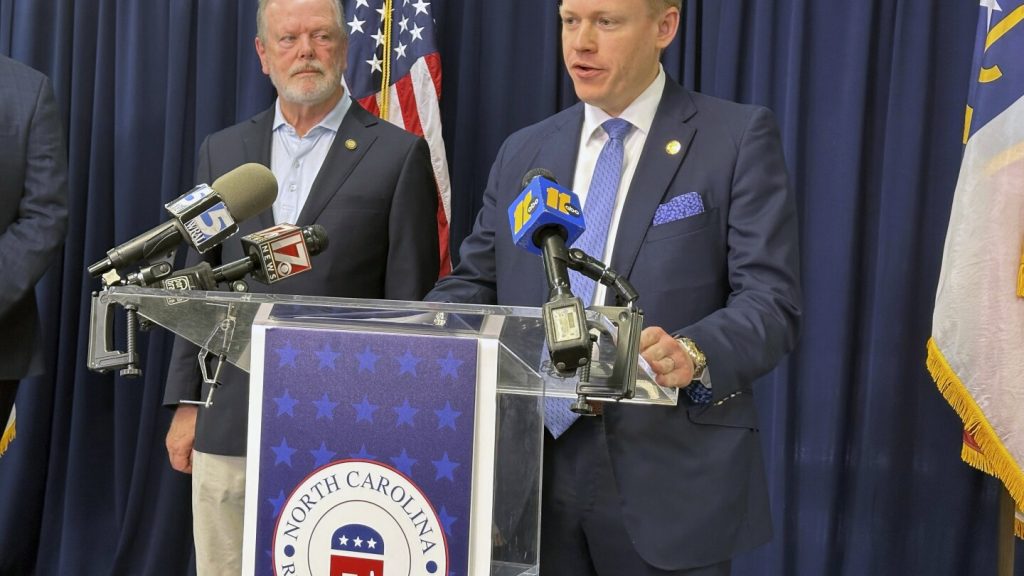North Carolina Democrats are celebrating potential gains in the state House that could break the Republican supermajority and give Governor-elect Josh Stein more power to veto legislation. Currently, Democrats are on track to win 48 seats, with another race still too close to call. If they secure 49 seats, they would have enough to block Republican overrides and advance a more liberal agenda. This would mark a significant shift from the current Republican dominance in the legislature, which has allowed them to push through conservative policies on issues like abortion and education. Democrats see this potential shift as a way to bring more balance and accountability to the state government.
While Republicans downplay the potential impact of losing their supermajority, they acknowledge that the dynamics could change in the legislature. Even without a supermajority, Republicans believe they can still work with Democrats to pass legislation. However, the outcome of key races in the House and Senate will ultimately determine the balance of power in North Carolina. Republicans managed to retain their supermajority in the Senate, but close races in key districts could shift the balance towards Democrats. The final results will influence the legislative agenda and determine whether Governor-elect Josh Stein will have the support to veto bills he opposes.
The close results in several legislative races highlight the significance of each vote and the impact it can have on the balance of power in the state government. Democrats are hopeful that breaking the supermajority will allow for more collaboration and compromise on key issues facing North Carolina. Governor-elect Josh Stein has pledged to use his veto power to block any legislation that contains additional abortion restrictions, emphasizing the importance of women’s reproductive rights in the state. Stein and other Democratic leaders are calling for unity and cooperation across party lines to address pressing issues like hurricane recovery, public safety, and education.
The relationship between Governor-elect Josh Stein and legislative Republicans is expected to be similar to the one Cooper had with the GOP, with some potential for common ground on certain issues. However, there are clear ideological differences that could lead to disagreements on key policies. The recent shift in the balance of power in the state House could create opportunities for bipartisan collaboration and dialogue on important legislation. The outcome of the remaining races will shape the legislative landscape in North Carolina and influence the direction of the state government moving forward.
Governor Roy Cooper and other Democratic leaders played a key role in supporting legislative candidates and helping break the Republican supermajority in the state House. Their efforts to mobilize voters and raise campaign funds were aimed at shifting the balance of power and creating a more equitable legislative process. The results of the 2023 election reflect a changing political landscape in North Carolina, with potential implications for future policy decisions and governance. Both parties will need to navigate this new reality and find ways to work together for the betterment of the state and its residents.


